5 Things to Do Before Paying Off Debt
Paying off debt can feel like climbing a mountain, but before you start throwing every spare penny at your balances, it’s important to pause, plan, and prepare. Rushing into debt repayment without a solid strategy can leave you vulnerable to unexpected expenses or financial setbacks. So, what are some things to do before paying off debt? Let’s break it down into five game-changing steps to ensure you’re ready to tackle those balances confidently and purposefully.
1. Build a Starter Emergency Fund
Before you start hacking away at your debt, it’s crucial to have a financial cushion. Life happens—your car might break down, your fridge might quit on you, or you might have an unexpected medical bill pop up. Without an emergency fund, you could end up swiping your credit card again, undoing all your hard work.
Here’s how to get started:
Set a goal: Aim for at least $1,000 in your emergency fund. This is a solid starter amount for most situations.
Automate your savings: Set up automatic transfers to a high-yield savings account to make saving effortless.
Cut back temporarily: Put non-essential spending like dining out or subscriptions on hold until you hit your goal.
Having even a small emergency fund can give you peace of mind and keep you from relying on debt when life throws you a curveball.
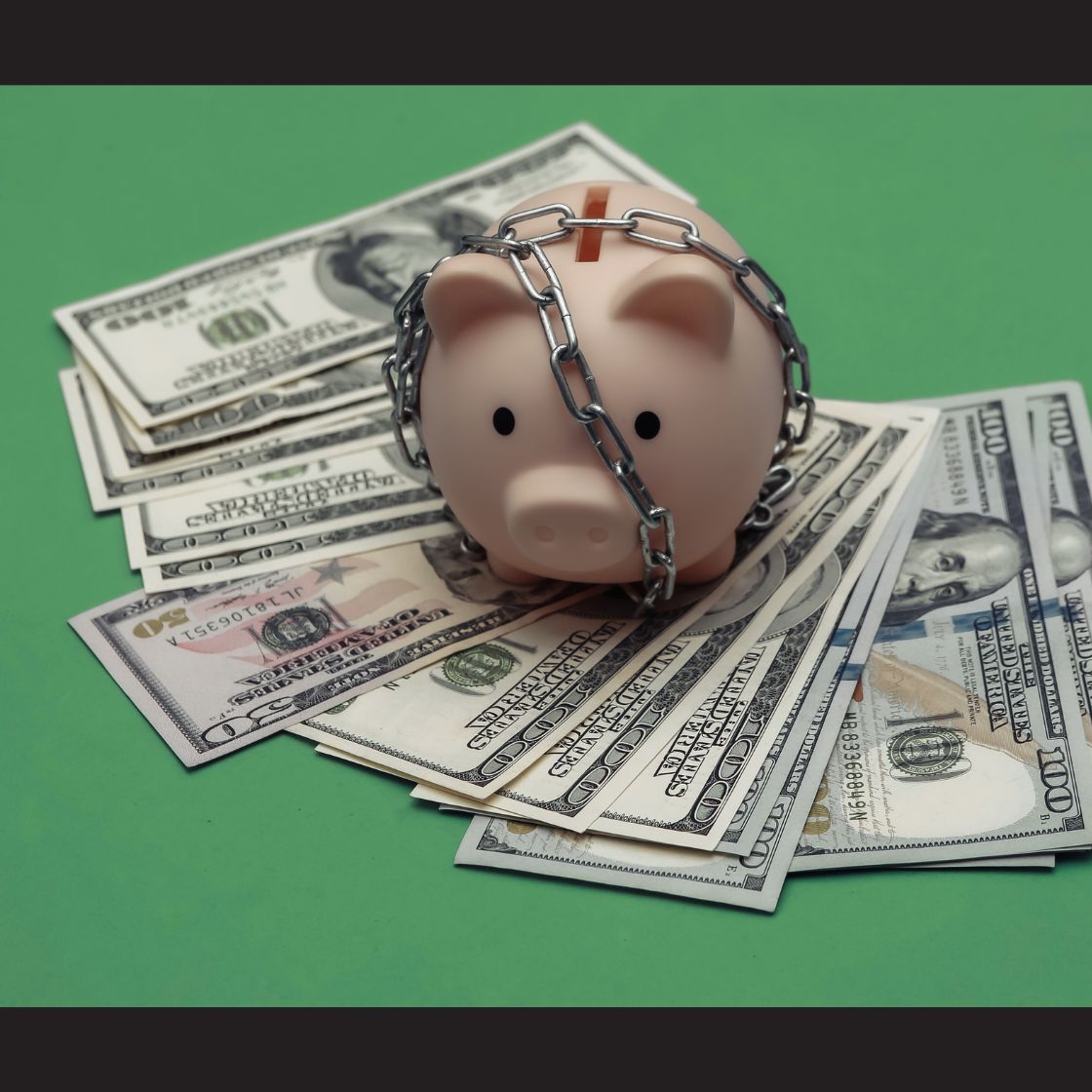
2. Audit your Money
You can’t fix what you don’t know. Before paying off debt, get crystal clear on your financial situation. Start by taking a full inventory of your income, expenses, and debt.
Here’s what to do:
List your debts: Write down every debt you owe, including credit cards, personal loans, car payments, and student loans. Include interest rates and minimum monthly payments.
Track your spending: Review the last 2-3 months of bank statements to understand where your money is going.
Calculate your net worth: Subtract what you owe (liabilities) from what you own (assets) to see the big picture.
This step may feel overwhelming, but knowledge is power. Once you know exactly where you stand, you can create a plan that works for your unique situation.
3. Create a Spending Plan, aka budget, You Can Stick To
Creating a spending plan is non-negotiable when you’re planning to pay off debt. Think of it as your roadmap; without it, you’ll just wander aimlessly and wonder where your money went.
Tips for a realistic spending plan:
Prioritize necessities: Focus on essentials like housing, food, utilities, and transportation first.
Give every dollar a job: Use a zero-based budget where your income minus expenses equals zero.
Track and adjust: Nobody’s perfect. Review your plan weekly and tweak it as needed.
Tools like budgeting apps or printable templates can make creating a spending plan less of a chore. The key is to find a system that works for you and stick with it.
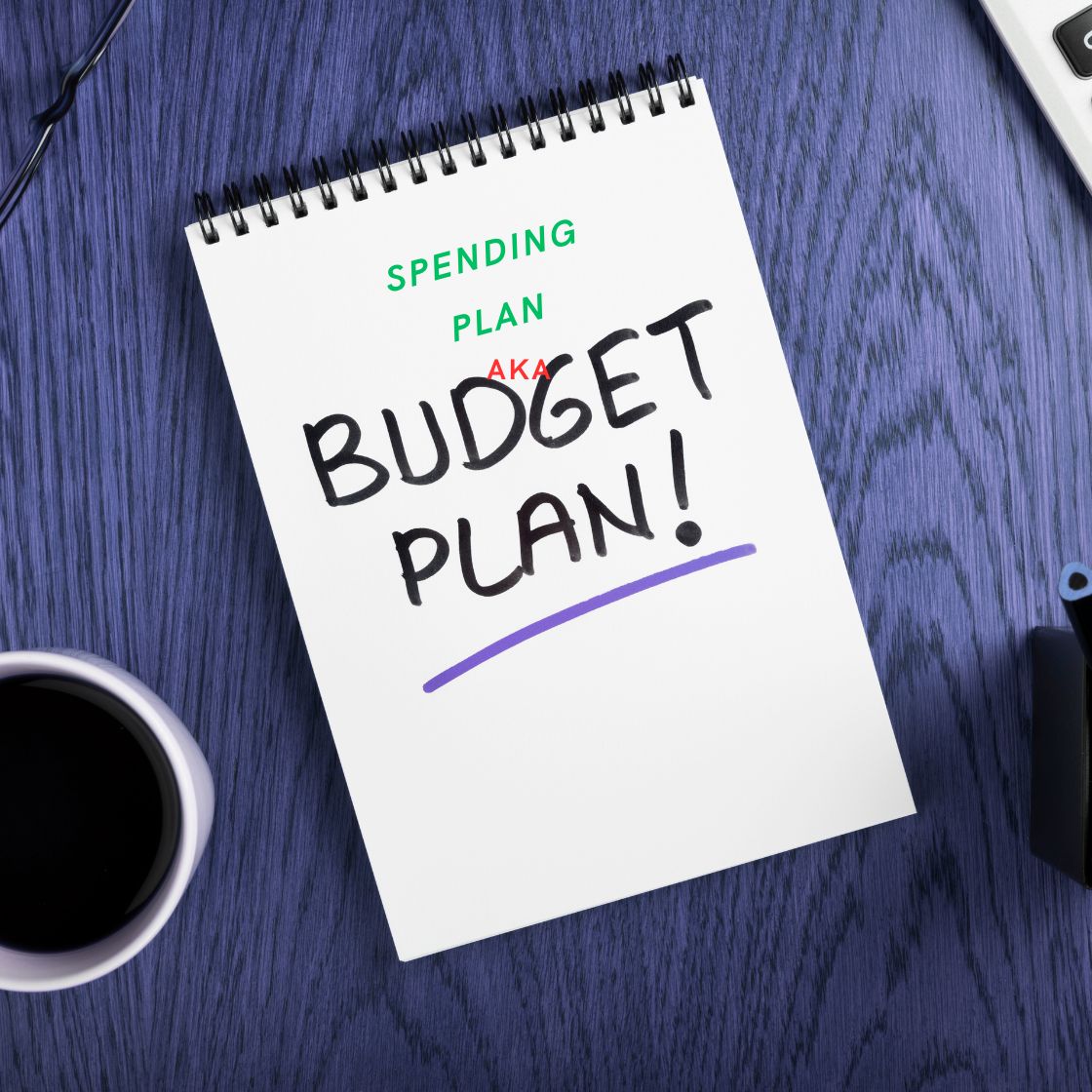
4. Focus on Small Wins First
Paying off debt can feel like a marathon, but small victories along the way can keep you motivated. That’s where strategies like the debt snowball method come in handy.
How to start small:
Tackle the smallest balance first: Pay the minimums on all debts except the smallest one. Throw any extra cash at that smallest debt until it’s gone.
Celebrate a milestone: Did you pay off a credit card? Treat yourself to a small reward—just don’t go overboard!
Stay consistent: Remember, progress is progress, no matter how small. The boost of confidence from clearing a small balance can give you the momentum to handle larger debts down the line.
5. Protect Yourself with the Right Insurance
Debt repayment is important, but don’t forget to protect yourself from financial disasters that could derail your progress. Having the right insurance in place ensures that an unexpected event doesn’t send you spiraling back into debt.
Here’s what to consider:
Health insurance: Medical bills are one of the leading causes of debt. Make sure you’re covered.
Life insurance: If you have dependents, life insurance can provide financial security for your family.
Renters’ or homeowners’ insurance: Protect your belongings and your home in case of theft or disaster.
Think of insurance as a financial shield—it’s there to catch you when life doesn’t go as planned.
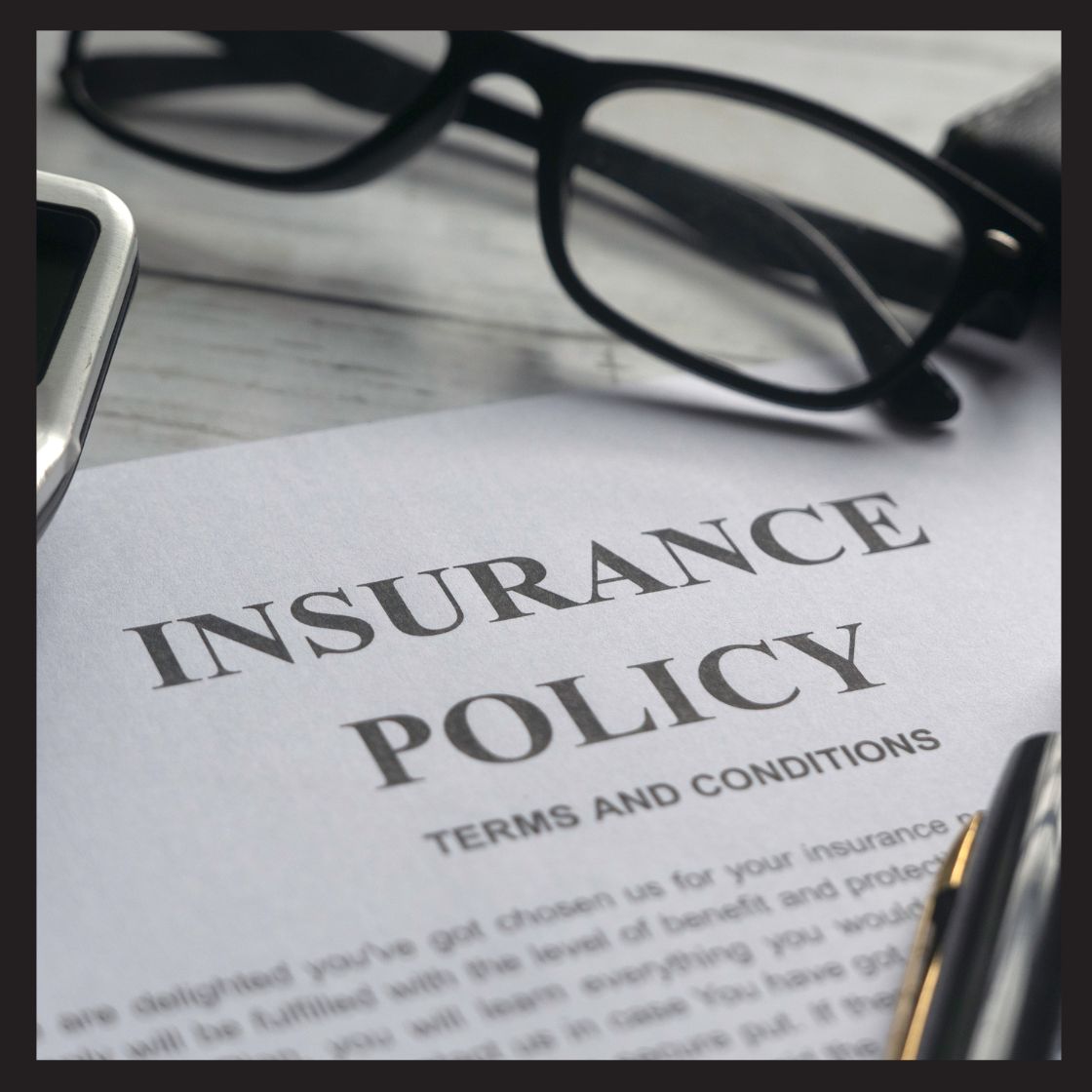
FAQs
1. How much money should I save before paying off debt?
It’s recommended to save at least $1,000 in a starter emergency fund before aggressively paying off debt. This helps cover unexpected expenses without relying on credit cards.
2. Should I pay off debt or build savings first?
Start with a small emergency fund, then focus on paying off debt. Once your debt is manageable, you can shift your focus to building long-term savings.
3. What’s the best method for paying off debt?
The debt snowball method (paying off the smallest debt first) and the debt avalanche method (focusing on the highest interest rate first) are both effective. Choose the one that keeps you motivated, or you can create your own plan.
4. Do I need to create a spending plan to pay off debt?
Absolutely. A spending plan helps you track your spending, prioritize debt repayment, and avoid overspending. It’s a crucial tool for financial success.
5. Can I still enjoy life while paying off debt?
Yes! Add “fun money” into your plan for small treats and fun activities. The key is to balance paying off debt and enjoying life so that you stay motivated.
Paying off debt is a commendable goal, but rushing in without a game plan can do more harm than good. By taking the time to build an emergency fund, assess your finances, create a realistic spending plan, celebrate small wins, and protect yourself with insurance, you’ll set yourself up for success. Remember, the things to do before paying off debt aren’t just about dollars and cents—they’re about creating a solid foundation for a brighter, debt-free future. So, take a deep breath, tackle these steps, and get ready to crush your financial goals!
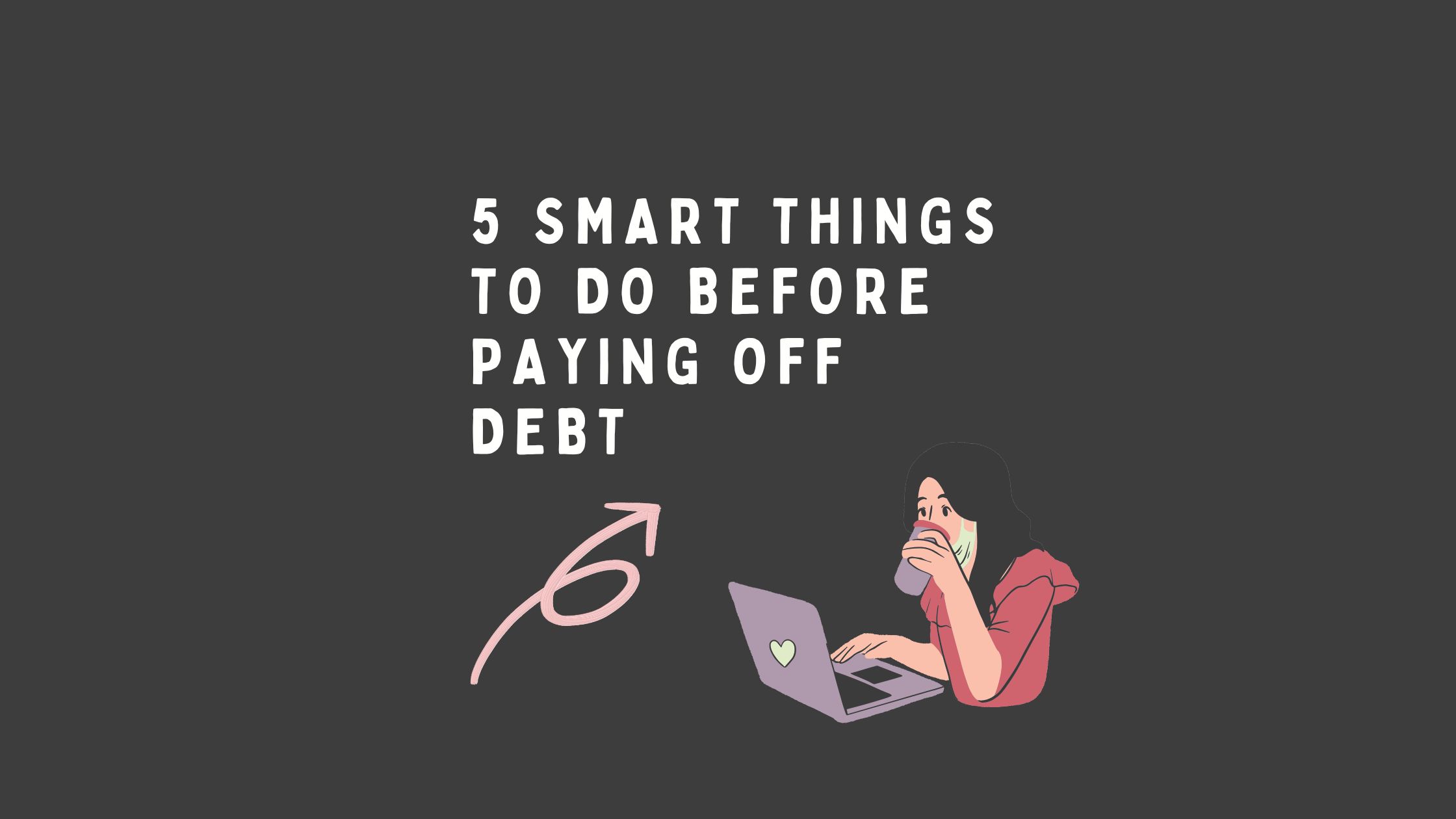
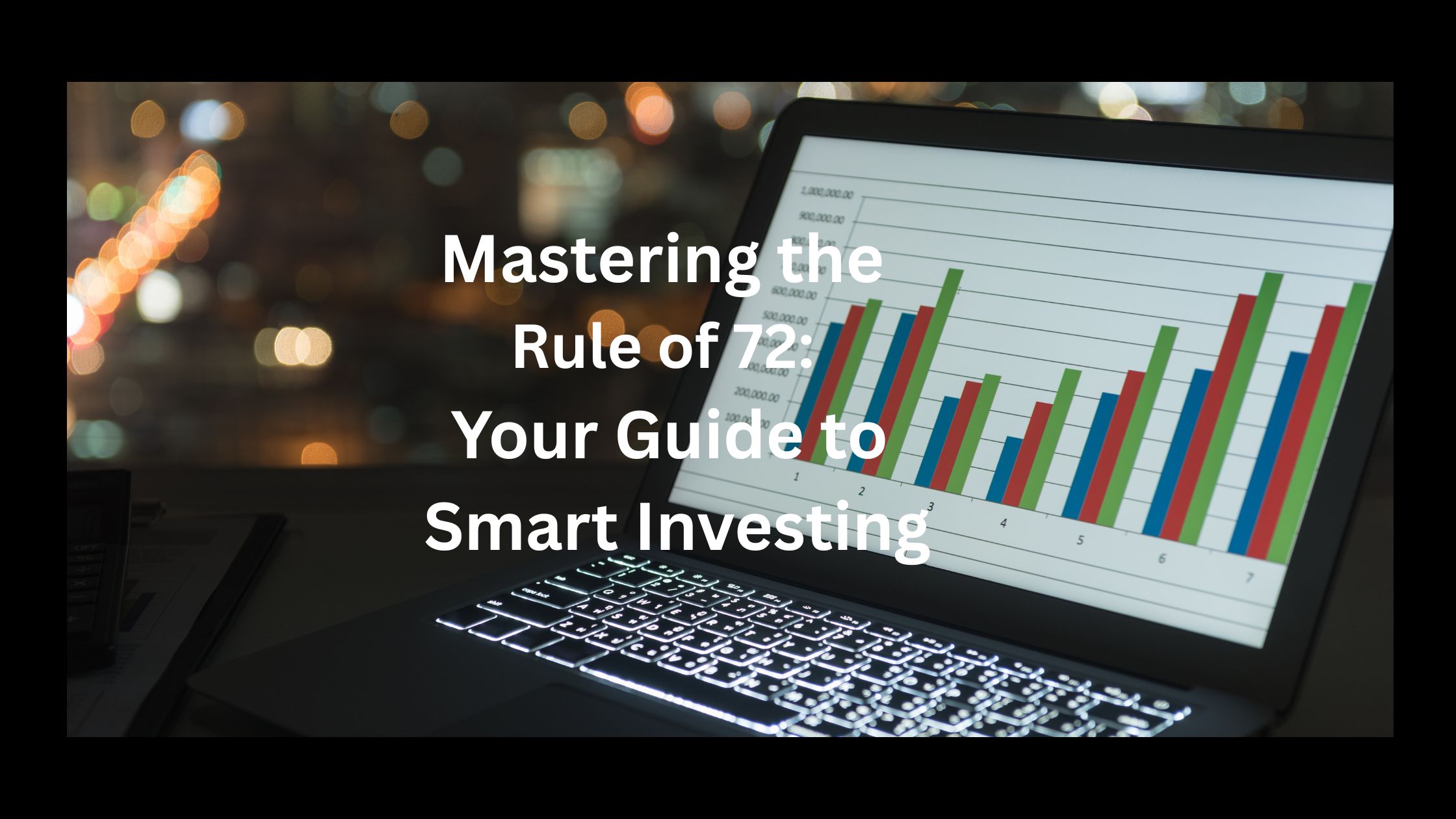
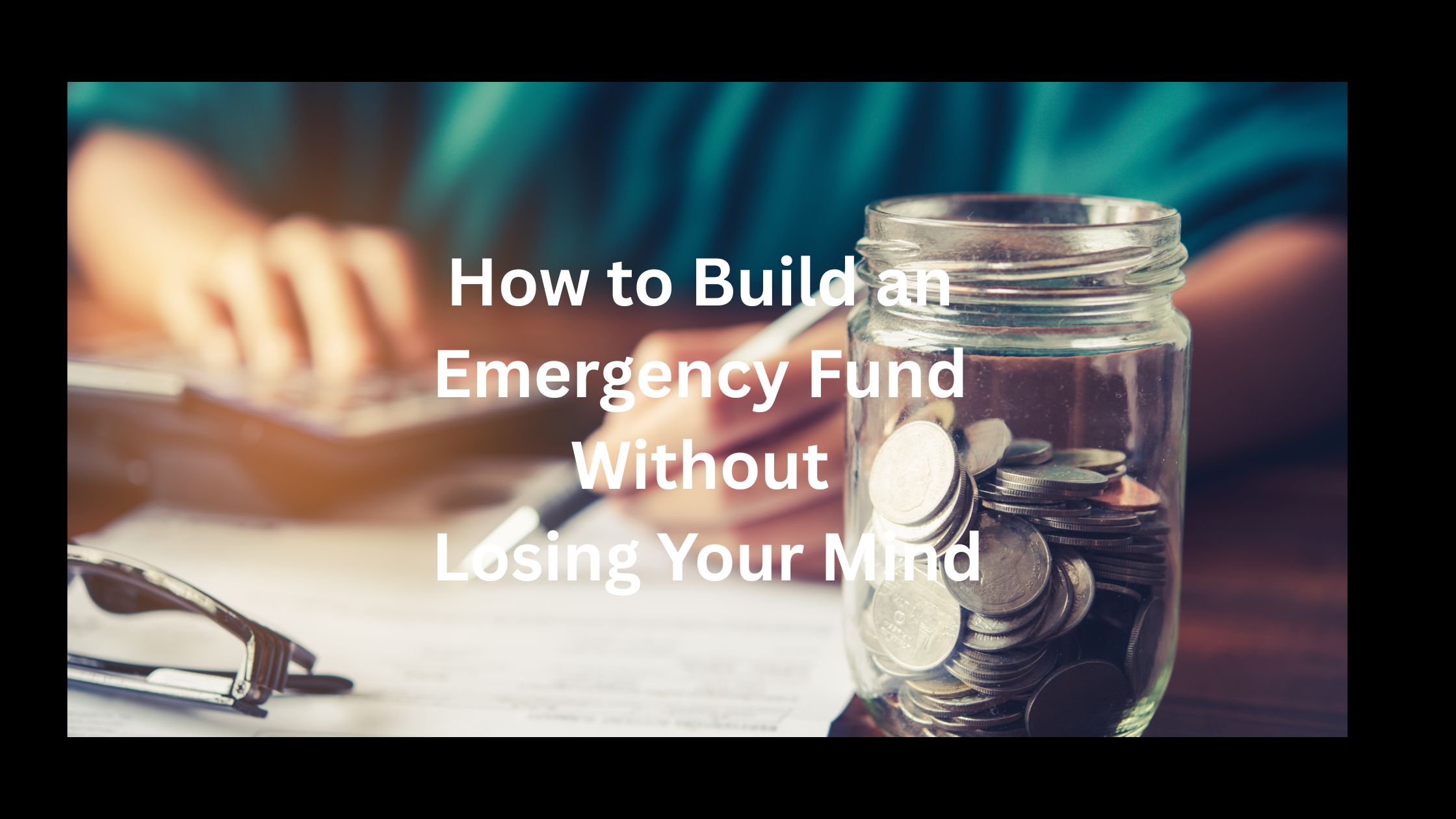
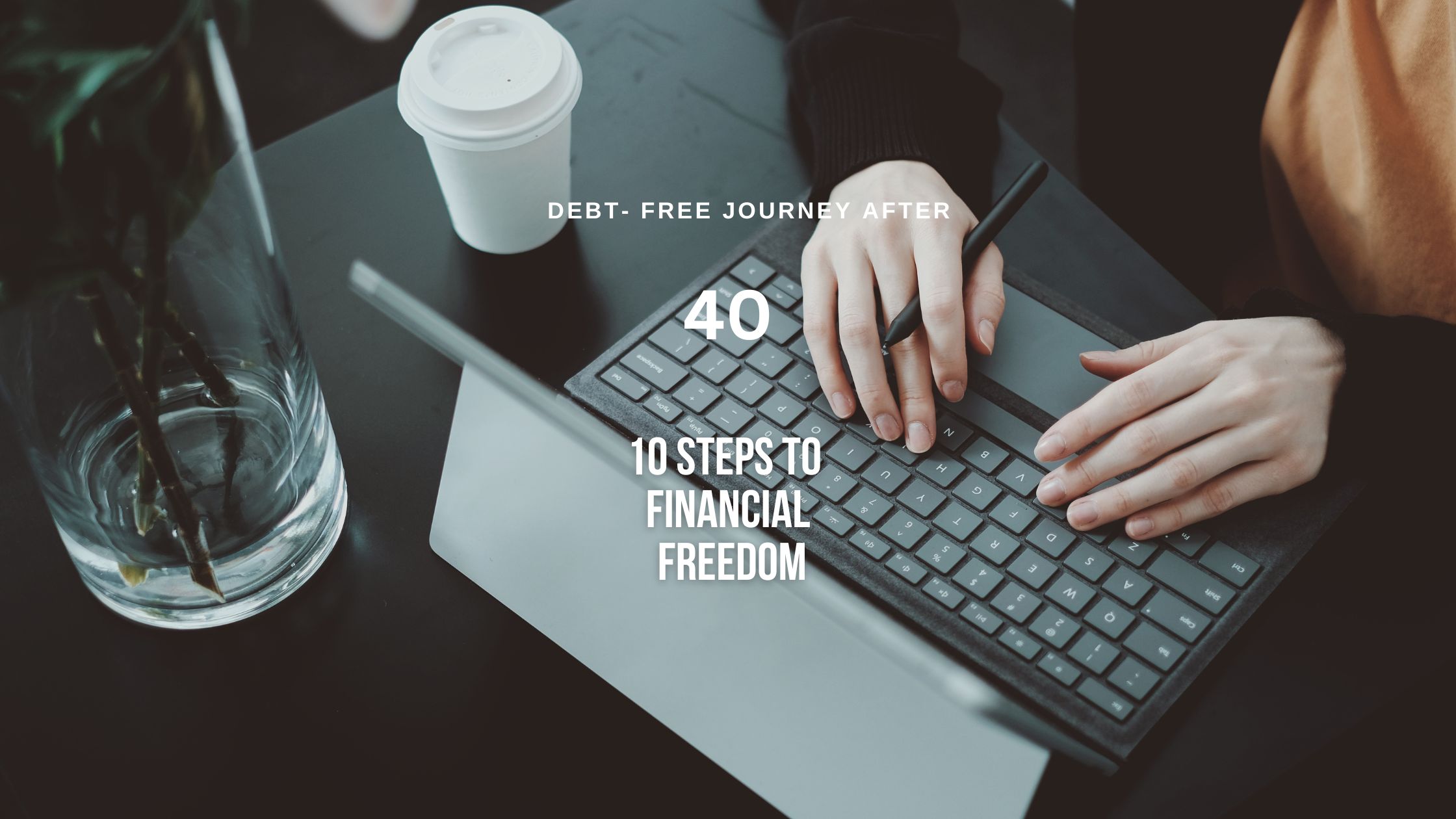
Leave a Reply